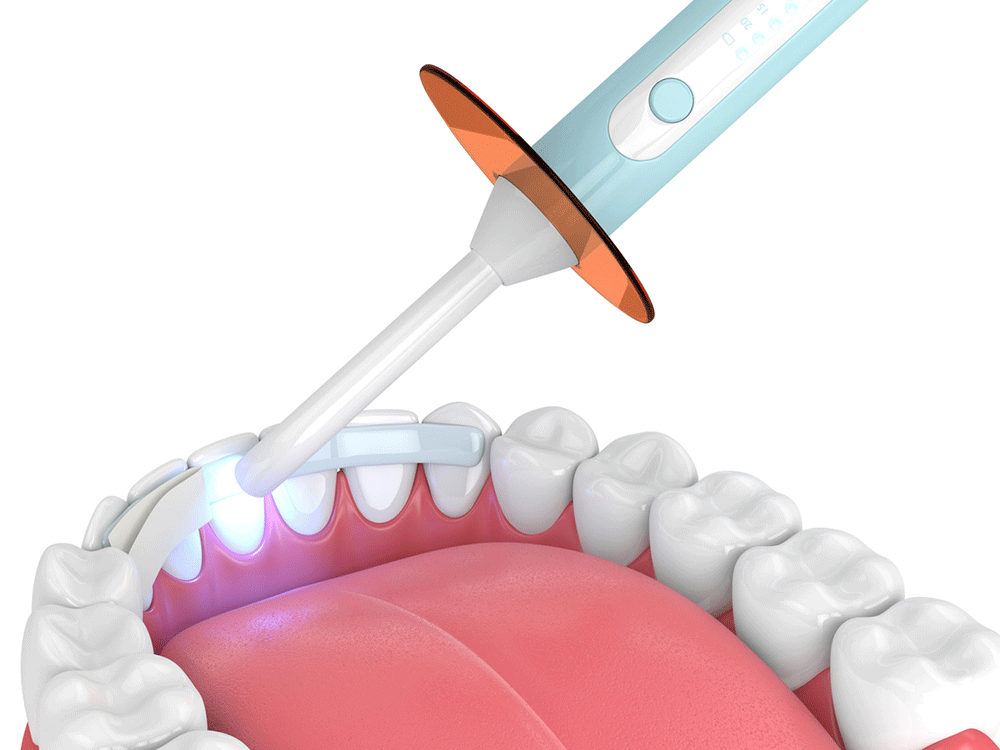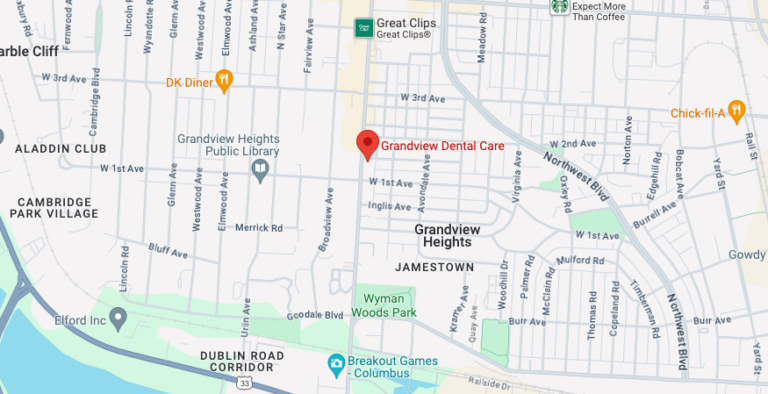Dental Bonding
Dental bonding is an alternative to veneers and can be used as a restorative procedure for teeth that are chipped, cracked, discolored, or misaligned.
What Is Dental Bonding?

-
Dental bonding vs. veneers—which one should I get?
Dental bonding and veneers are both used to fix broken teeth or cavities. They can also be used to improve the general look of healthy teeth. Veneers are applied to the entire front surface of the tooth, while bonding is only applied to a small portion. Both bonding and veneers can help improve your smile and adjust your space. However, in most cases, dental bonding is used for emergencies. If you have a cracked or fractured tooth, bonding is the quickest way to repair it and only requires one appointment. Bonding is a great solution for a quick fix for a small to moderate defect or cavity on your front tooth or teeth. Please keep in mind that veneers are an alternative solution and, while they take more time and upfront investment, provide a superior, longer-term cosmetic result.
-
How long does dental bonding last?
Dental bonding doesn’t last as long as veneers, but the application should last approximately ten years if you are taking proper care of your teeth. This means avoiding hard candy, ice cubes, and similar substances that can break down and crack the composite material. The length of the application is also affected by the area that was bonded. For example, an imperfect bite or grinding your teeth can cause the composite to break down faster.
-
Can dental bonding fix chipped teeth?
Yes, dental bonding is commonly used to repair chipped or cracked teeth. The resin material can be molded and shaped to restore the tooth’s natural appearance.
-
Is dental bonding stain-resistant?
While dental bonding is resistant to staining compared to natural teeth, it can still become discolored over time, especially if exposed to foods and beverages that commonly cause staining. Good oral hygiene and regular dental cleanings can help maintain the appearance of bonded teeth.
More Questions?
Call our office if you have more questions about dental bonding and the procedure, and we'll be happy to answer them.

